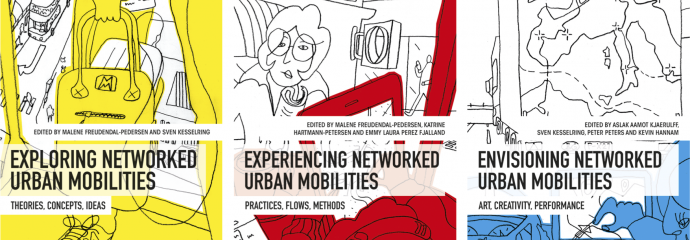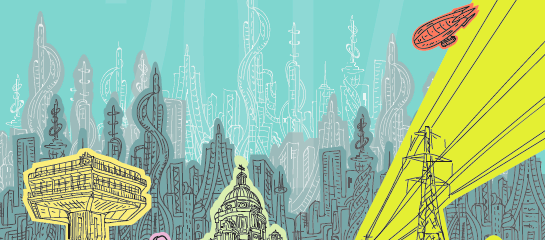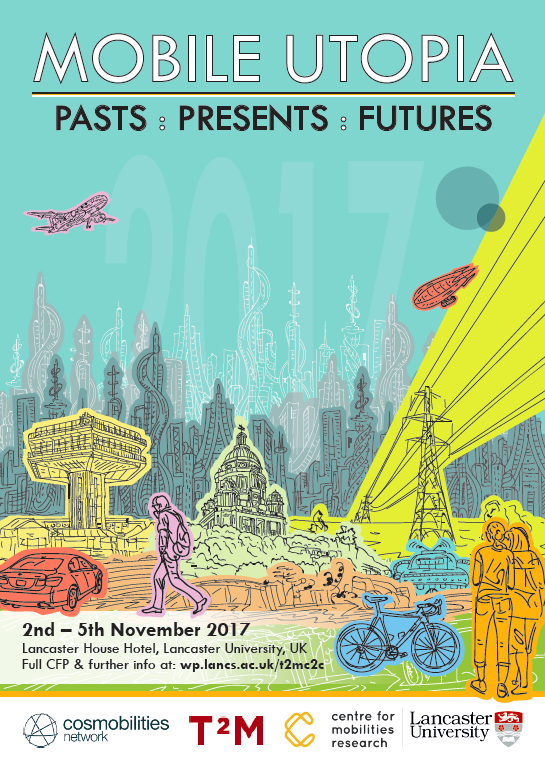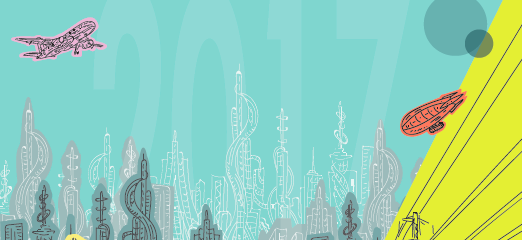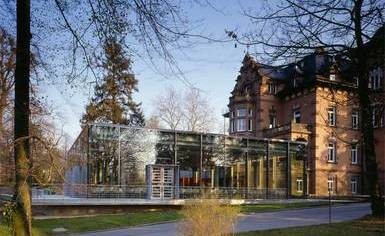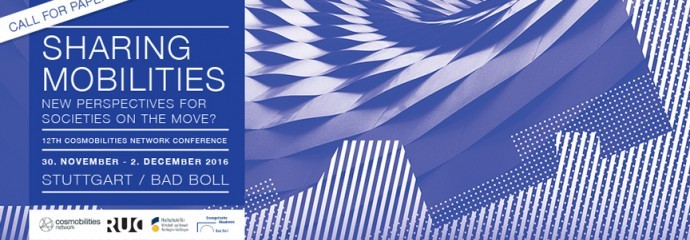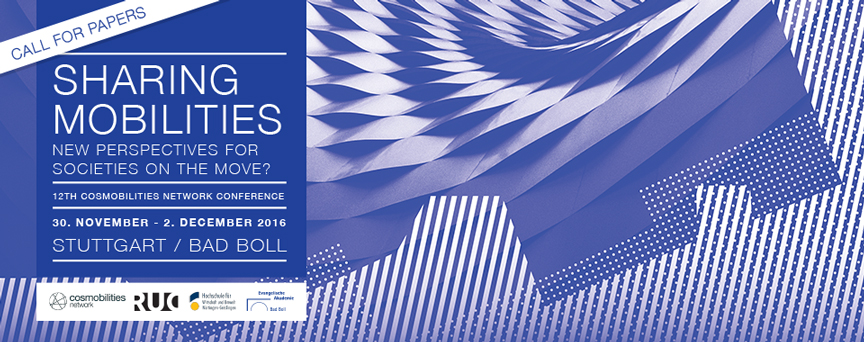Publication: Networked Urban Mobilities
We are happy and proud to announce the NETWORKED URBAN MOBILITIES trilogy published by Routledge International.
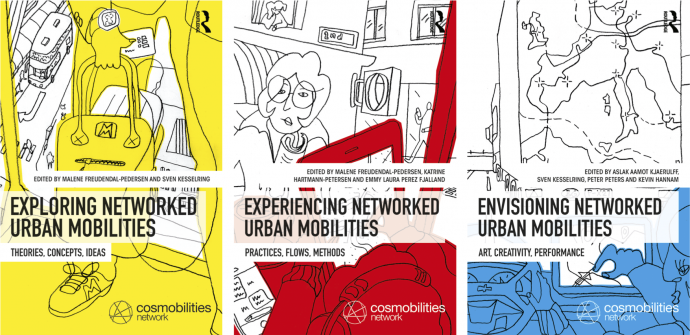
The covers of the three books have been originally developed and designed by Michael Hieslmair and Michael Zinganel.
In 2014, we celebrated the 10th birthday of the Cosmobilities Network with a conference and exhibition in Copenhagen. This 3-part book series is based on that event. During the past three years, more than 50 authors and contributors have helped us develop their work presented in Copenhagen into this unique and exciting publication.
NETWORKED URBAN MOBILITIES includes the following three volumes:
Part 1: Exploring Networked Urban Mobilities. Theories, Concepts, Ideas; edited by Malene Freudendal-Pedersen, Sven Kesselring
Part 2: Experiencing Networked Urban Mobilities. Practices, Flows, Methods; edited by Malene Freudendal-Pedersen, Katrine Hartmann-Petersen, Emmy Laura Perez Fjalland
Part 3: Envisioning Networked Urban Mobilities. Art, Performances, Impacts; edited by Aslak Aamot Kjaerulff, Sven Kesselring, Peter Peters, Kevin Hannam
Amongst the contributors are the late John Urry and the late Ulrich Beck, Monika Büscher, Mimi Sheller, Vincent Kaufmann, Steve Graham, Christian Licoppe, and many others.
The first volume contains grounding theoretical and conceptual texts from some of the key figures in the mobilities research field. As a starting point for the series, the concept of ‘networked urban mobilities’ as globally expanding infrastructural spaces is presented, along with future research agendas arising from this.
The second volume gives an overview to the broad fields of research mobilities scholars cover, today. With more than 30 chapters the volume includes both interdisciplinary methodological discussions, as well as reflections over the many types of empirical sites and flows, that mobilities researchers engage with.
The third volume is based on the art exhibition during the conference in Copenhagen, curated by Aslak Aaamot Kjaerulff. The book brings together artistic and conceptual work from artists, historians and social scientist and deepens the work of the Cosmobilities Network on the analytical power of arts and social science in mobilities research.
To purchase the books with discount follow this link. Paperback version of the books will be published within the next 18 months.

